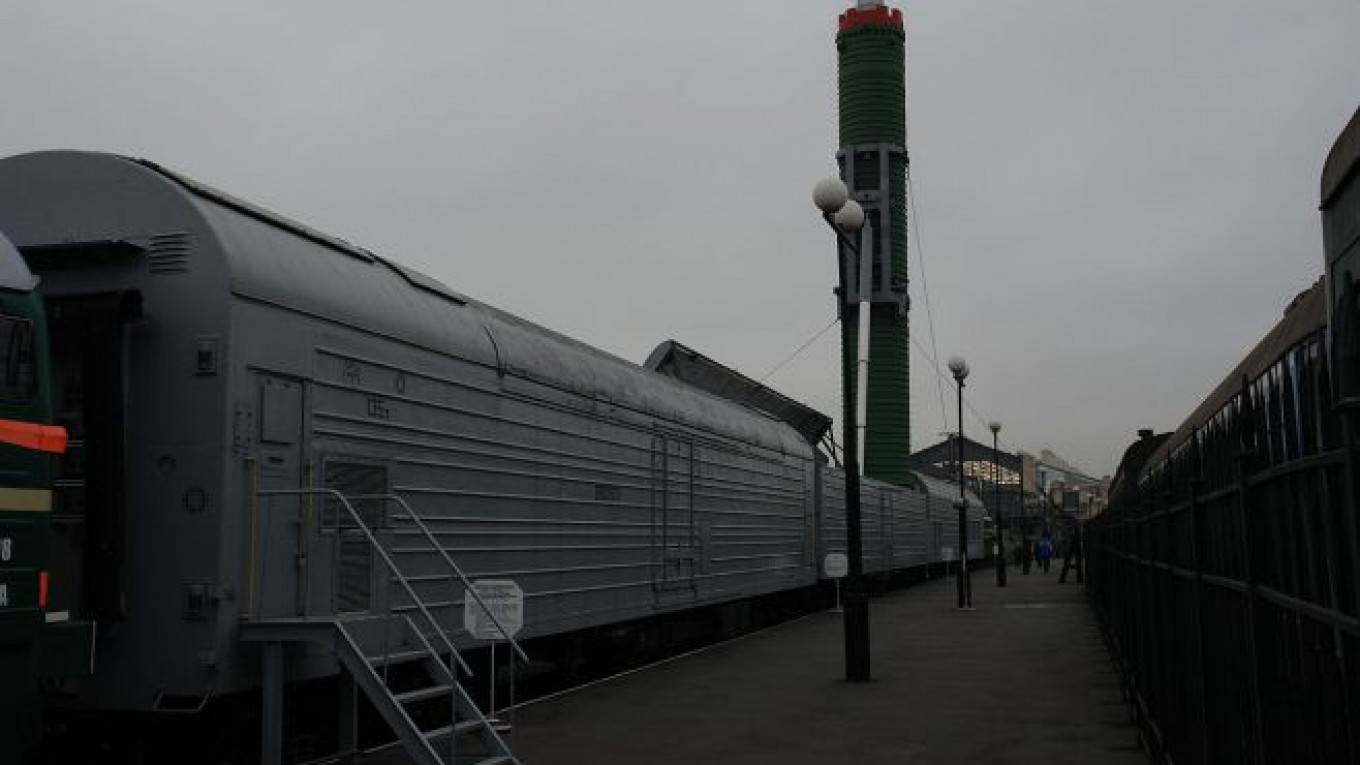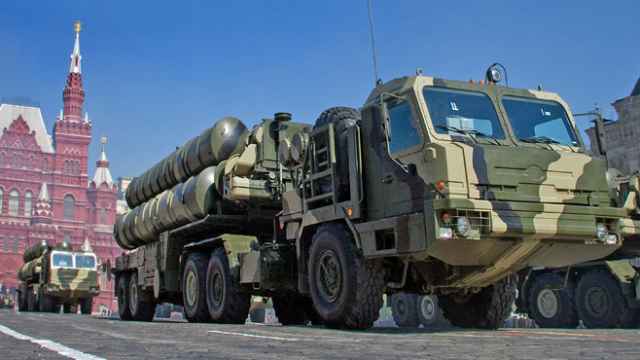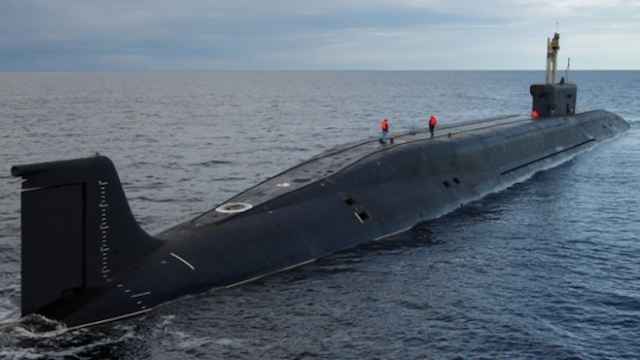Russia's Strategic Rocket Forces are considering bringing back iconic Soviet-era nuclear missile trains as Moscow pumps money into a complete overhaul its aging nuclear arsenal.
According to an unidentified source in the Russian military-industrial complex quoted by the TASS news agency on Thursday, the Moscow Institute of Thermal Technology — makers of the Topol, Yars and Bulava missiles — is designing a next-generation missile launching train.
"While the decision to start manufacturing [missile trains] is still pending, the probability is high that it will happen," the source was quoted as saying, explaining that technical studies and cost estimates are still being conducted.
"In the best-case scenario, they will be deployed by the end of the decade, probably somewhere around 2019," he said.
The Russian nuclear forces are the prime beneficiaries of Moscow's sweeping 20 trillion ruble ($500 billion) military rearmament drive, with authorities pledging to completely modernize the country's arsenal with new rockets better suited to respond to modern threats.
The Soviet Union began deploying nuclear missile trains in 1987. The trains used RT-23 Molodets missiles, built by the giant Yuzhmash machine building plant located in modern day Ukraine. By the time the U.S.S.R. collapsed in 1991, 56 of the missiles were deployed on missile trains. Ukraine stopped building RT-23s, and by 2005 Russia had decommissioned all of them.
In December last year, Lieutenant General Sergei Karakayev of the Strategic Rocket Forces said that the U.S. Prompt Global Strike program was forcing Russia to begin conducting studies on putting the concept back into practice.
Prompt Global Strike refers to the development by the U.S. of hypersonic missiles that will be capable of fast, high precision strikes anywhere on the globe.
In this context, missile trains make a lot of sense for Russian defense strategists. One of the key elements of any nuclear war plan is the ability of your nuclear forces to survive a first strike from an opponent and counterattack with devastating force.
A missile train would increase the survivability of Russia's nuclear arsenal, complicating efforts to locate its missiles by moving them quickly and consistently around the country.
Contact the author at bizreporter@imedia.ru
A Message from The Moscow Times:
Dear readers,
We are facing unprecedented challenges. Russia's Prosecutor General's Office has designated The Moscow Times as an "undesirable" organization, criminalizing our work and putting our staff at risk of prosecution. This follows our earlier unjust labeling as a "foreign agent."
These actions are direct attempts to silence independent journalism in Russia. The authorities claim our work "discredits the decisions of the Russian leadership." We see things differently: we strive to provide accurate, unbiased reporting on Russia.
We, the journalists of The Moscow Times, refuse to be silenced. But to continue our work, we need your help.
Your support, no matter how small, makes a world of difference. If you can, please support us monthly starting from just $2. It's quick to set up, and every contribution makes a significant impact.
By supporting The Moscow Times, you're defending open, independent journalism in the face of repression. Thank you for standing with us.
Remind me later.






